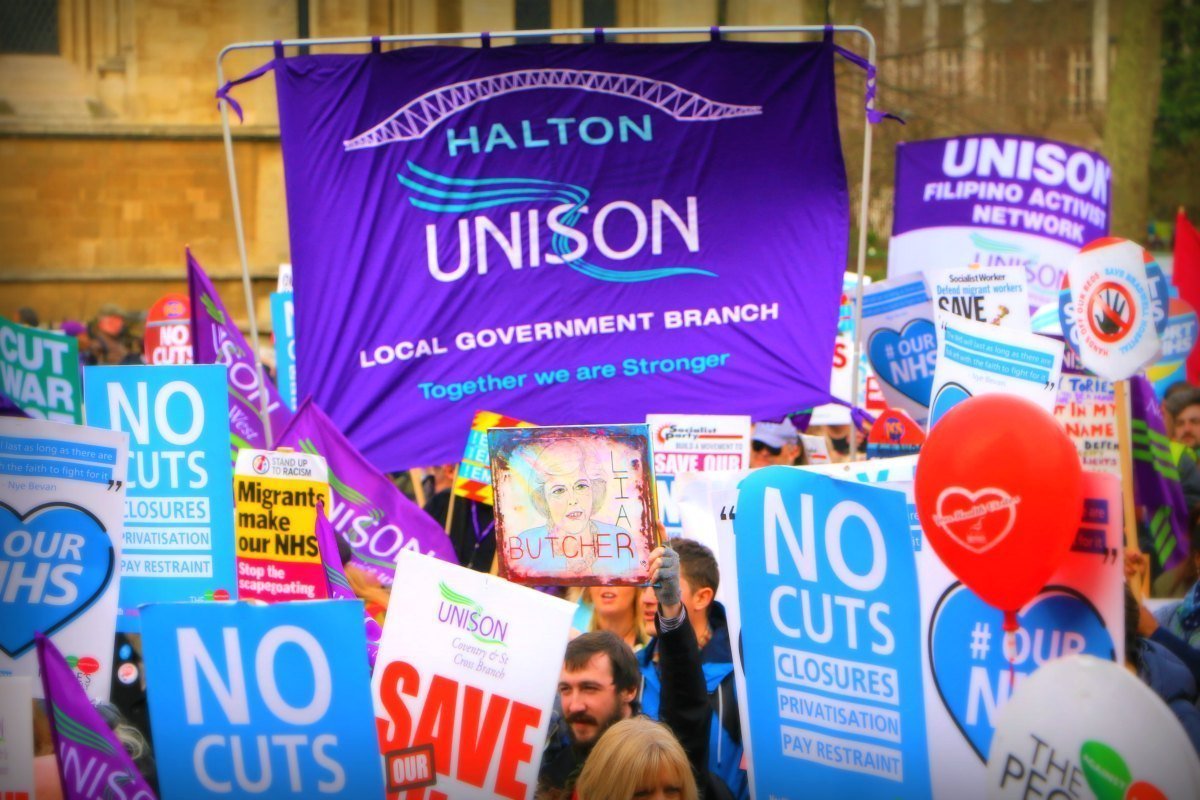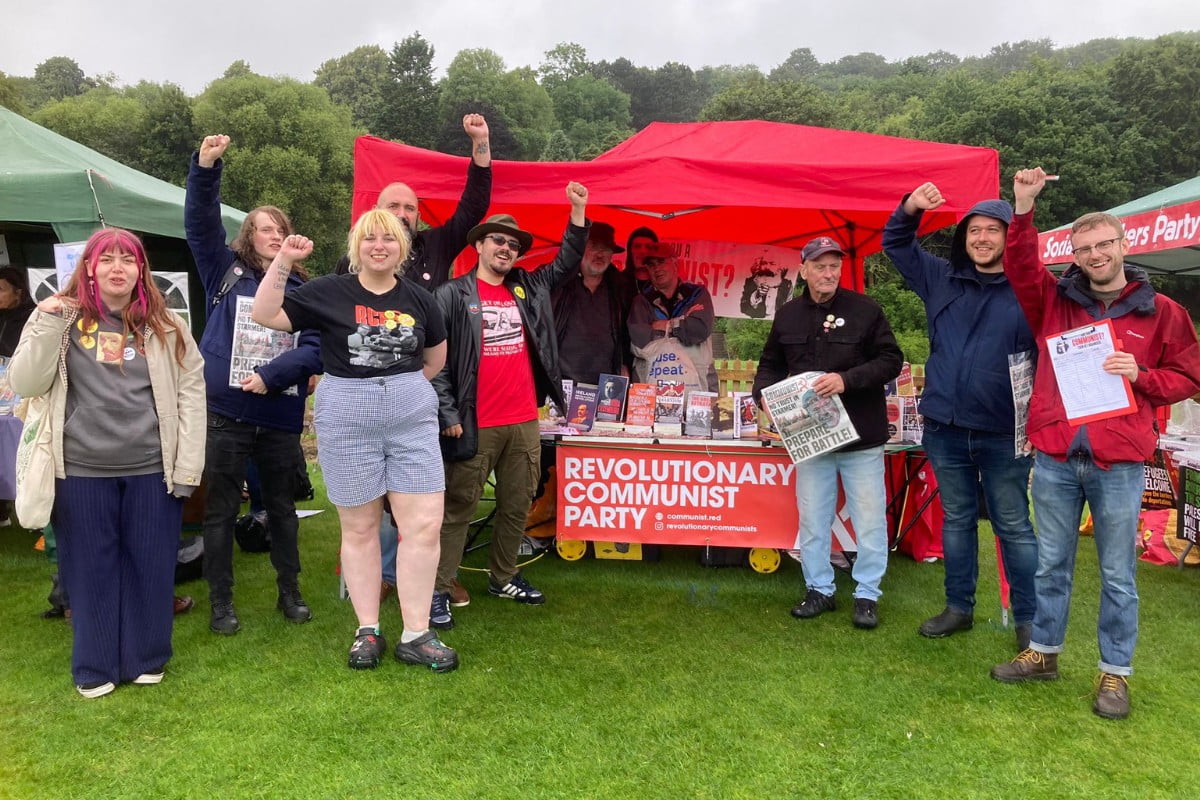The Local Government Employers in England and Wales have offered a two-year pay deal to unions representing a million council workers. This offer, however, falls far short of what is needed. Public sector unions need to unite and fight for the pay rise that workers deserve.
The Local Government Employers in England and Wales have offered a two-year deal to unions representing a million council workers. The offer is for a headline raise of 2% in April 2018, then 2% in April 2019. There will be a higher rate increase for lower paid workers on less than £19,000, along with a review of the pay spinal column points (scp) system.
At first glance 2% looks like progress, compared to years of austerity and the 1% pay cap. But that quickly falls apart when inflation is at 3.9%. Given the parlous state of Theresa May’s government, there is every possibility that a determined and militant pay campaign could result in a much better outcome. The impact of the pay cap means that our real wages have fallen by some 20% over the last seven years.
The joint pay claim which has been submitted by UNISON, Unite, and the GMB is for the deletion of the lowest scale points in the pay structure (scp 6-9) to account for the living wage, and a 5% rise on all scale points.
One of the current arguments raised within UNISON is the fear that the government would seek to offer different rates to different groups of workers, with better deals for the police, nurses and firefighters, for example. Of course, the Tories have done similar things in the past. But they are on very much weaker ground today. The situation has radically changed since the general election in June. Also the current Brexit crisis means that the Tories will be reluctant to open up another front at this stage.
The recent Trade Union Act placed new thresholds on the level of turnout in strike ballots which would allow for a “legal” strike. On the surface this makes organising industrial action over pay more difficult. However, the recent experience of the RMT and, even more recently, the indicative ballot of PCS members – which resulted in 98.9% rejection of the pay cap and a vote of 79.2% to support industrial action on a 48.8% turnout – shows that it is entirely possible to organise effectively.
There is everything to play for. Public sector workers have been hammered over the last few years. There is more than enough discontent and anger over pay to enable successful united action.
UNISON, GMB and Unite need to fight this one all the way. Our members deserve far better than this. Fight for the full claim!






